From Some like it Hot to The Apartment: Jack Lemmon’s 10 best films
Whether playing a fastidious housemate, the father of a lost child in Pinochet’s Chile, or a social drinker descending into alcoholism, Lemmon gave enough memorable performances to forge an award-winning career spanning nearly half a century. Graeme Ross picks his favourites
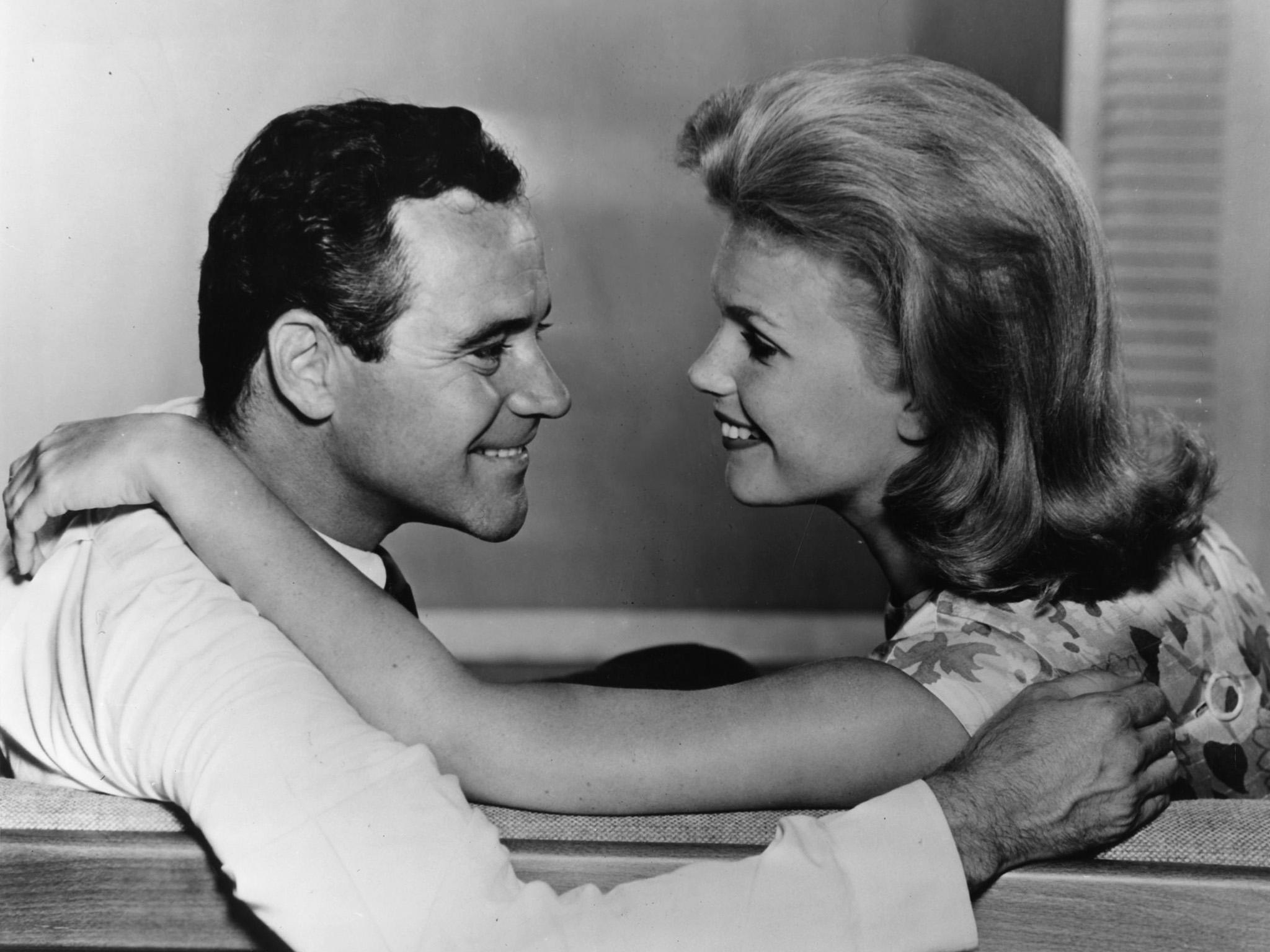
Your support helps us to tell the story
From reproductive rights to climate change to Big Tech, The Independent is on the ground when the story is developing. Whether it's investigating the financials of Elon Musk's pro-Trump PAC or producing our latest documentary, 'The A Word', which shines a light on the American women fighting for reproductive rights, we know how important it is to parse out the facts from the messaging.
At such a critical moment in US history, we need reporters on the ground. Your donation allows us to keep sending journalists to speak to both sides of the story.
The Independent is trusted by Americans across the entire political spectrum. And unlike many other quality news outlets, we choose not to lock Americans out of our reporting and analysis with paywalls. We believe quality journalism should be available to everyone, paid for by those who can afford it.
Your support makes all the difference.There have been many incarnations of The Odd Couple’s oafish Oscar and the fastidious Felix, both on stage and on screen. But the version of the 1965 play most people would be familiar with is the 1968 incarnation. Walter Matthau reprised his stage role as the original Oscar, and Jack Lemmon took the part of Felix. The result was cinematic gold.
Matthau worked with Lemmon on 11 movies, and there’s no doubt that he agreed with Billy Wilder, who directed Lemmon in seven films, who once said: “Happiness is working with Jack Lemmon”.
In almost 50 years onscreen, Jack Lemmon provided many hours of happiness for audiences who identified with his everyman persona and the characters he played, enduring the slings and arrows of everyday life.
Harvard-educated Lemmon was born in Boston in 1925 in a hospital elevator. His mother was playing bridge when she went into labour and reputedly wouldn’t leave the table.
He claimed that he wanted to be an actor from the age of eight and after Broadway and television experience Lemmon made his movie debut in 1954 in It Should Happen To You – a romantic comedy opposite Judy Holliday. Through the decades he became regarded as the consummate American actor.
Equally at home in drama and comedy, Lemmon excelled as the ordinary man in extraordinary circumstances, and during the course of his career he was nominated eight times for Academy Awards, winning twice. Lemmon’s last film The Legend of Bagger Vance was in 2000, and this most likeable of actors died the following year, leaving a memorable legacy of films and performances.
Here are the 10 best Jack Lemmon films, taking in many of his finest performances.
10. Mister Roberts (directed by John Ford and Mervyn LeRoy, 1955)
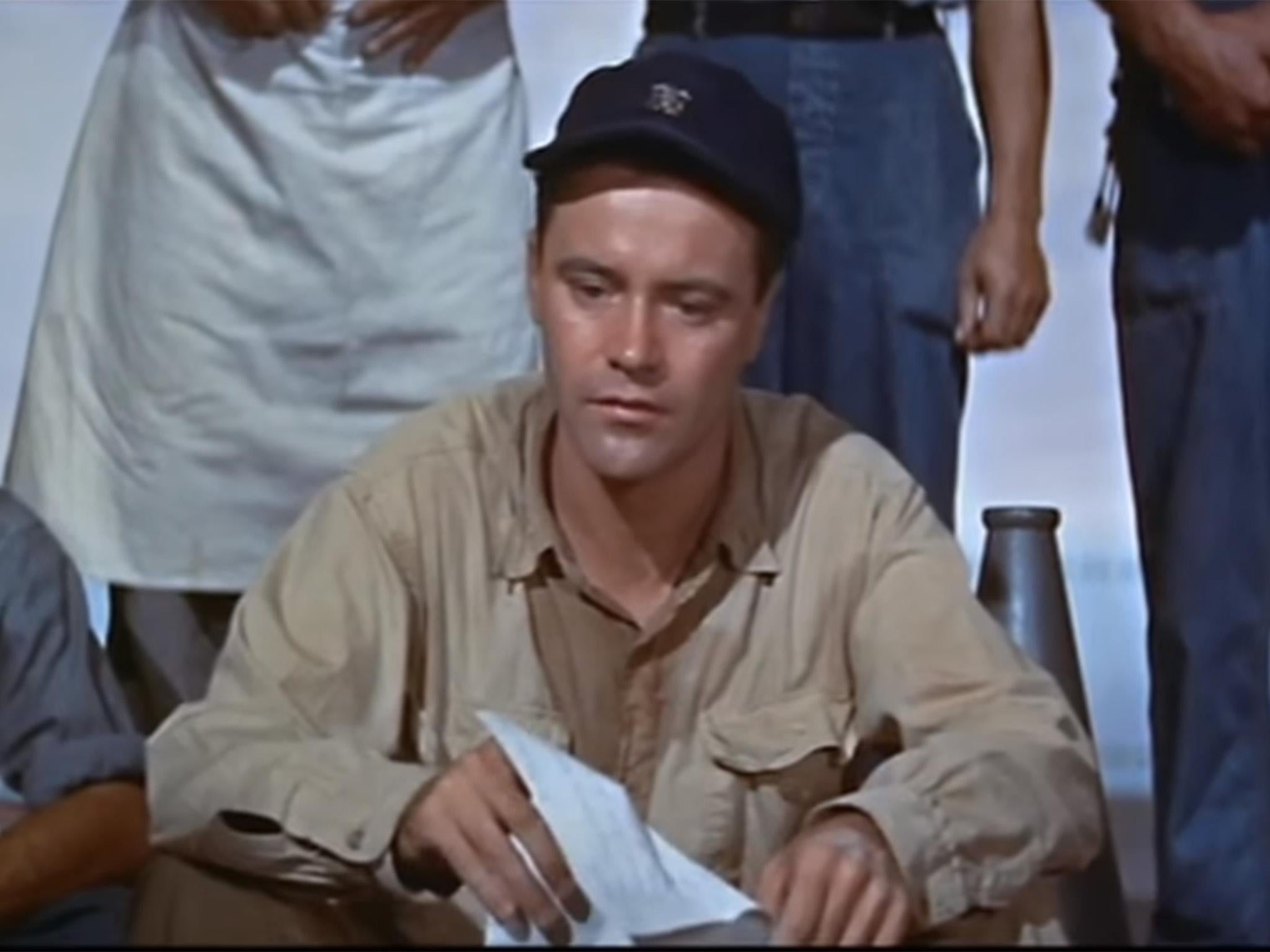
Henry Fonda had originated the role on stage of the frustrated Naval Officer yearning for combat during the Second World War and Mister Roberts was supposed to be his movie. There were other big hitters on board too, including James Cagney as the ship’s unpopular Captain, and William Powell, memorable for his role as dipso-sleuth Nick Charles in the Thin Man series. But if Lemmon was overawed, it didn’t show in his vibrant performance. As the permanently on-the-make Ensign Pulver, who manages to stay hidden from his captain for 14 months, Lemmon demonstrated his flair for verbal and physical comedy, lifting the best supporting actor Oscar in just his fourth film. More roles in a similar vein followed as Lemmon firmly established himself as a first class comedic actor.
9. Grumpy Old Men (Donald Petrie, 1993)
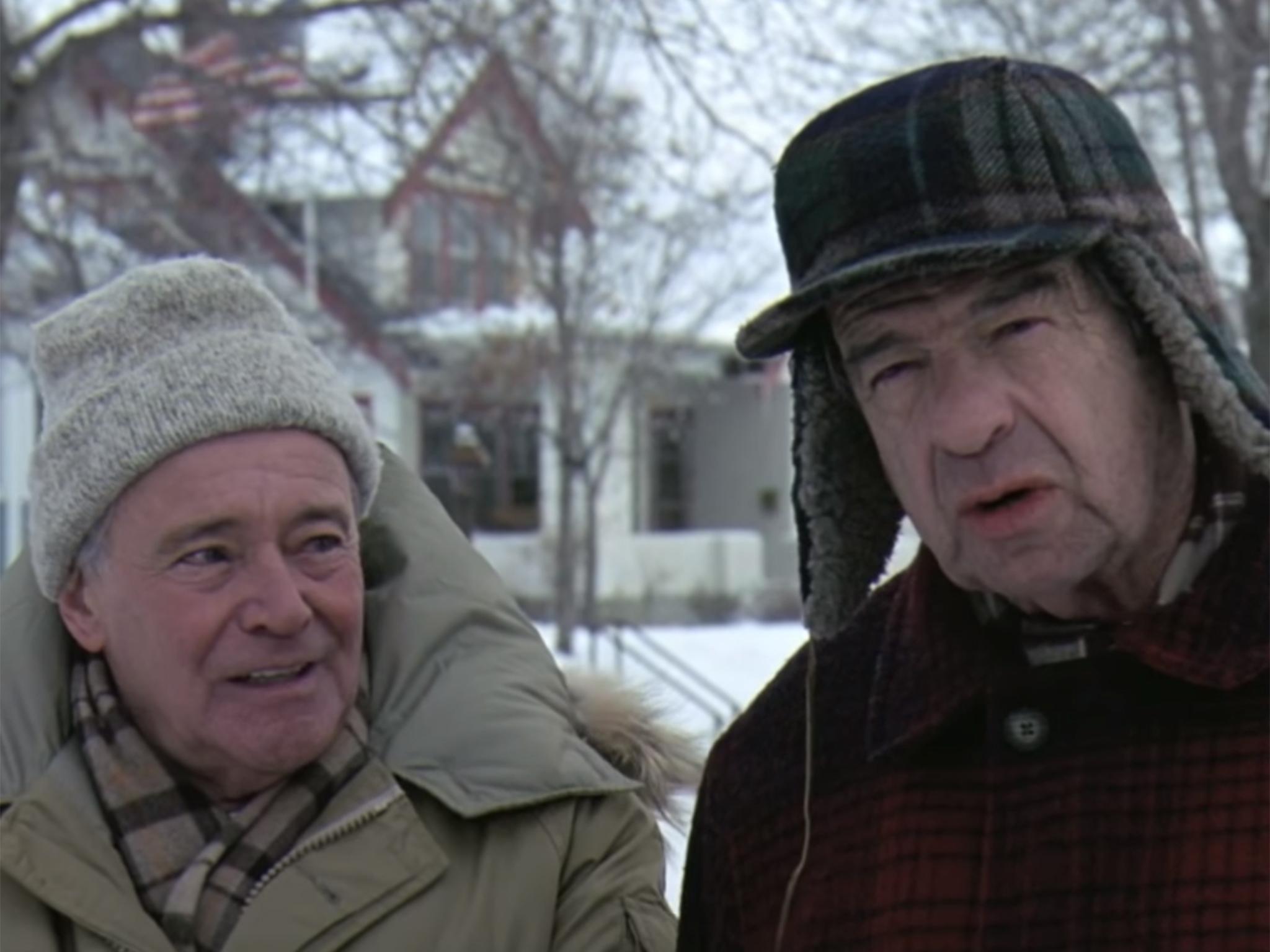
Some critics may baulk at the inclusion of this broad farce in this list, which is probably best described as The Odd Couple grown old. However, Grumpy Old Men is worth the admission price alone to watch Lemmon and his great offscreen friend Walter Matthau dovetailing beautifully as they bounce vicious one-liners off one another. Subtle it’s not and in the hands of lesser actors it would have lost much of its appeal, but Grumpy Old Men, one of ten films the pair made together is a lovely example of one of cinema’s finest double acts onscreen chemistry, first viewed in Billy Wilder’s The Fortune Cookie in 1966.
8. Save the Tiger (John G Avildsen, 1973)
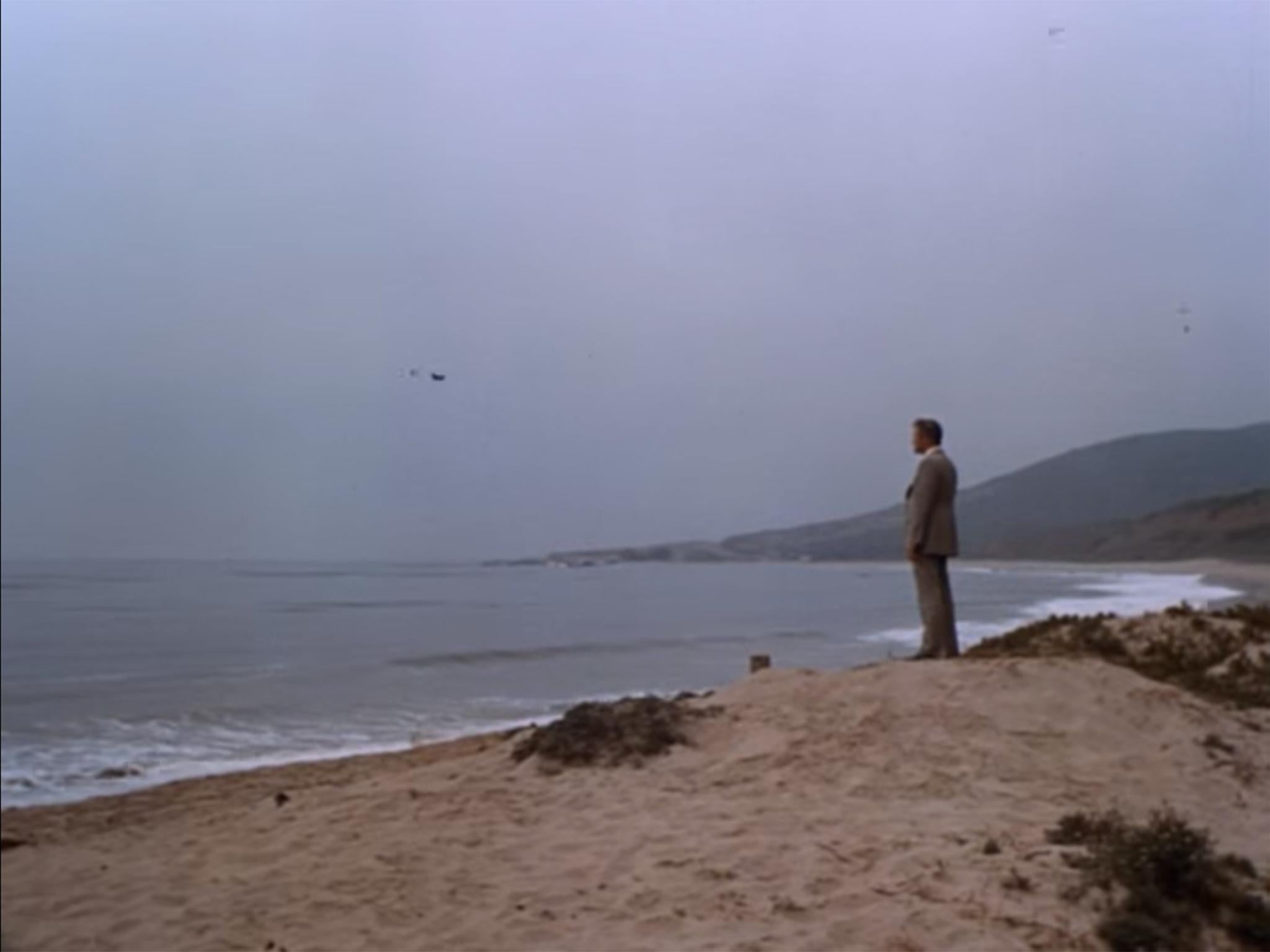
In this death of the American dream drama, Lemmon excels as the owner of a failing dress manufacturers – the type of all-American who plays the national anthem and salutes the stars and stripes every morning before breakfast, but who now considers arson as a way out of his financial difficulties. The archetypal middle period Lemmon role, as the crushed idealist adrift in a world he no longer understands or belongs in and yearning for his lost ideals, won Lemmon the Academy Award as he became the first actor to win a best actor and best supporting actor Oscar.
7. The China Syndrome (James Bridges, 1979)
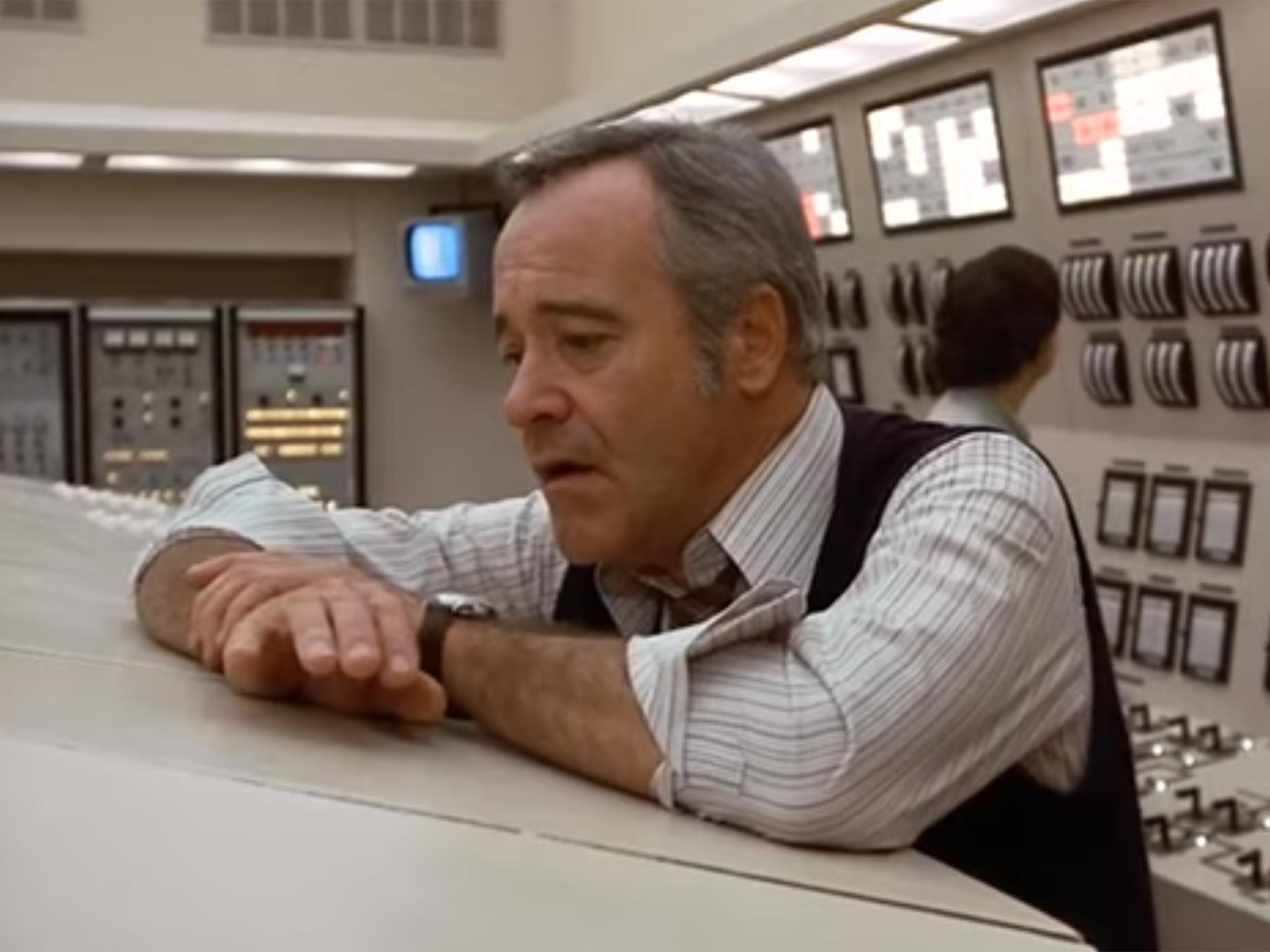
On its release, this tense and prescient conspiracy thriller about a cover up over an accident at a nuclear power plant was rubbished by the nuclear industry as fear-mongering and totally unrealistic. Twelve days after the movie hit the cinema screens, the notorious Three Mile Island nuclear accident happened in Pennsylvania. Lemmon’s terrific performance as the dedicated plant supervisor who is torn between his conscience and loyalty to his employers, but who eventually turns whistleblower, drives the whole film. It also won him a Bafta and ranks as one of his very best.
6. Days of Wine and Roses (Blake Edwards, 1962)
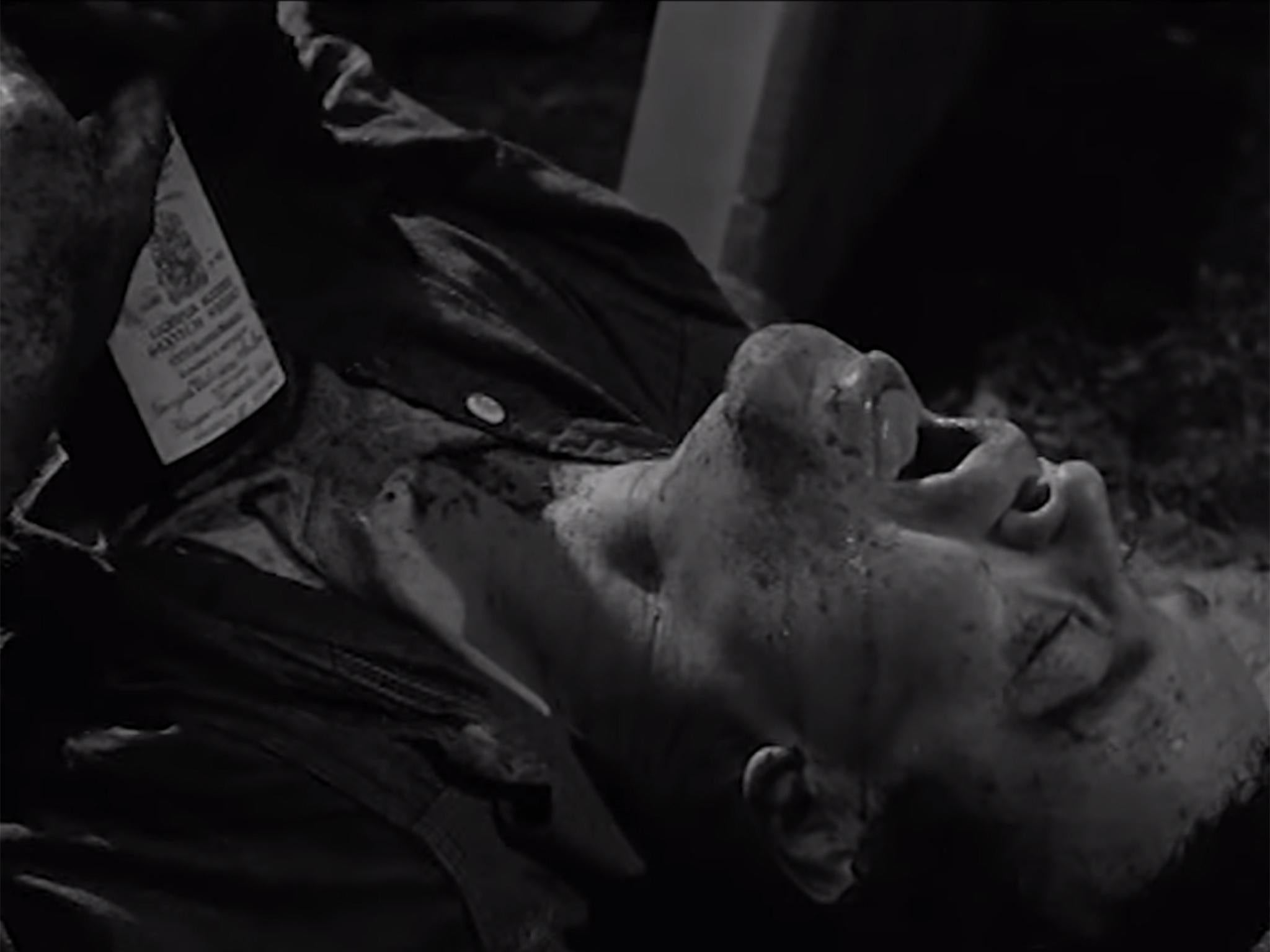
Until Days of Wine and Roses Lemmon had been regarded primarily as a comedic actor, but this shattering examination of alcoholism within a marriage gave Lemmon a chance to flex his dramatic chops. He gave a memorable and harrowing performance as the social drinker who gradually turns into an alcoholic, taking his wife (Lee Remick) with him. The scene in which the desperate Lemmon destroys a greenhouse while searching for a hidden bottle of whisky is still one of the most disturbing and distressing ever committed to screen.
5. Missing (Constantin Costa-Garvas, 1982)
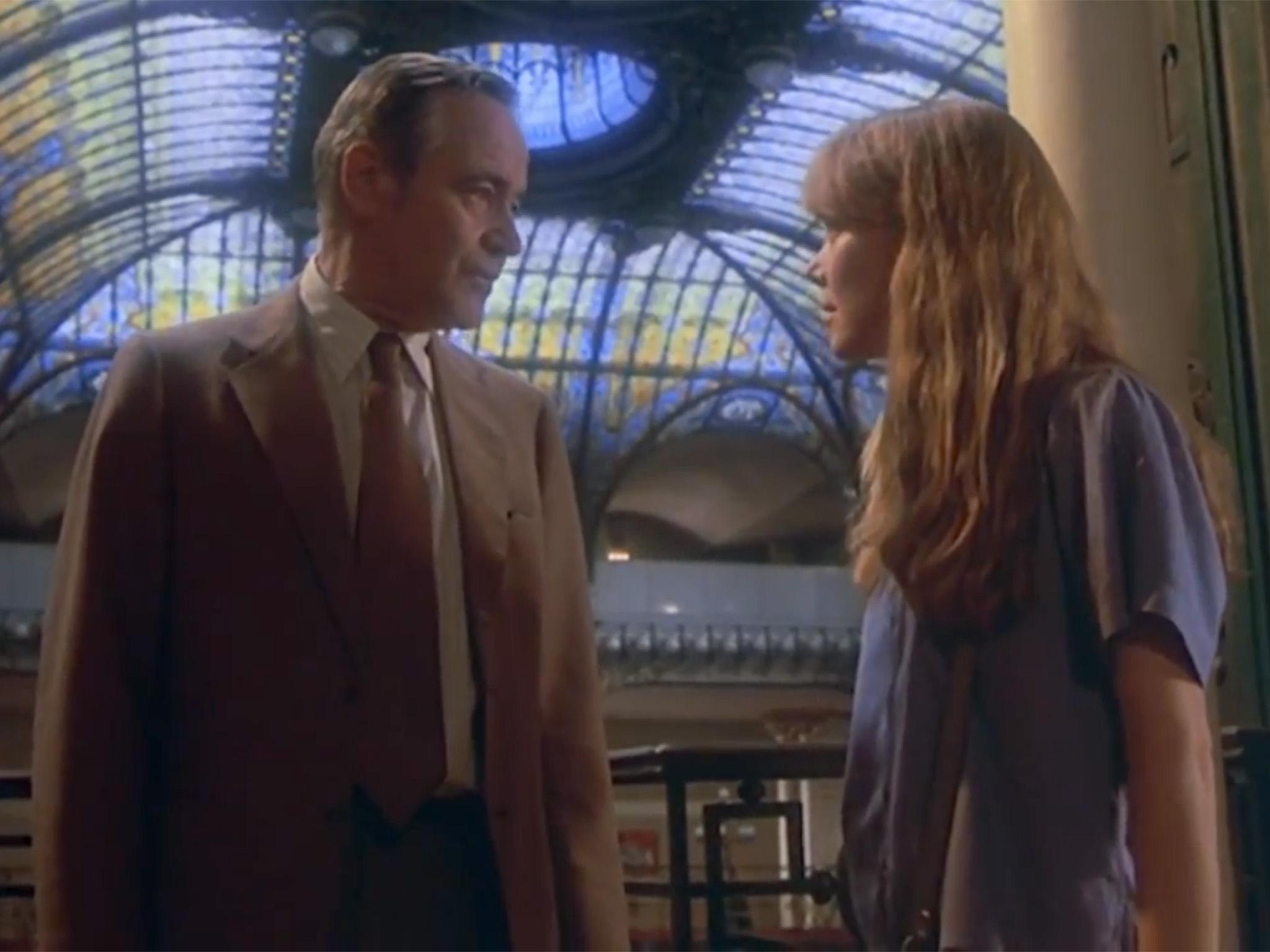
By this stage of his career, Lemmon was regarded as the consummate American actor. In Missing, a brilliant exercise in audience manipulation by the director, he played the type of role in which he excelled – the ordinary man in extraordinary circumstances bewildered by the position he finds himself in. In this instance Lemmon’s character is trying to find out what has happened to his missing son who disappeared in the chaos of Pinochet’s Chile. Based on real events, Missing was a rare political film for Lemmon. He was nominated for an Oscar for his role as the patriotic American father who feels betrayed by his country as he slowly unravels a truth that he might not want to hear.
4. The Odd Couple (Gene Saks, 1968)
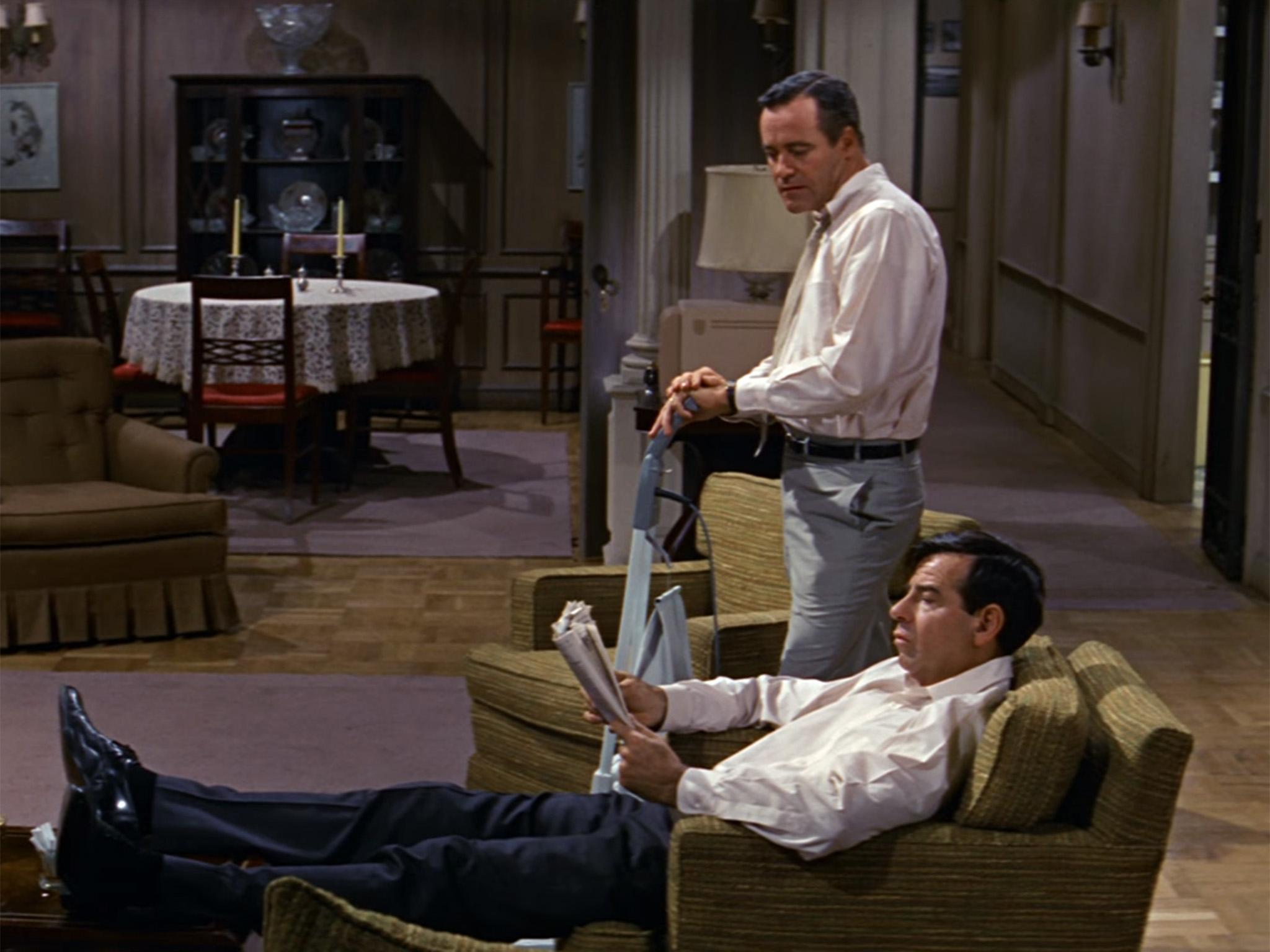
In their second film together Lemmon and Walter Matthau’s wonderful rapport and Neil Simon’s brilliant script make The Odd Couple a joy from start to finish. Felix (Lemmon) separates from his wife and moves in with divorced Oscar (Matthau), and soon the totally mismatched pair are at each other’s throats as their relationship becomes just like a marriage – Oscar in the boorish husband role and Felix as the fussy, neurotic wife. As a study of male behaviour, The Odd Couple hits the bullseye, with Lemmon perfect as the kind of infuriating fusspot who washes playing cards and leaves notes on Oscar’s pillow – giving rise to The Odd Couple‘s funniest line: “Told you 158 times I can’t stand little notes on my pillow. ‘We’re all out of cornflakes. F.U.’ Took me three hours to figure out F.U. was Felix Unger!”
3. Glengarry Glen Ross (James Foley, 1992)
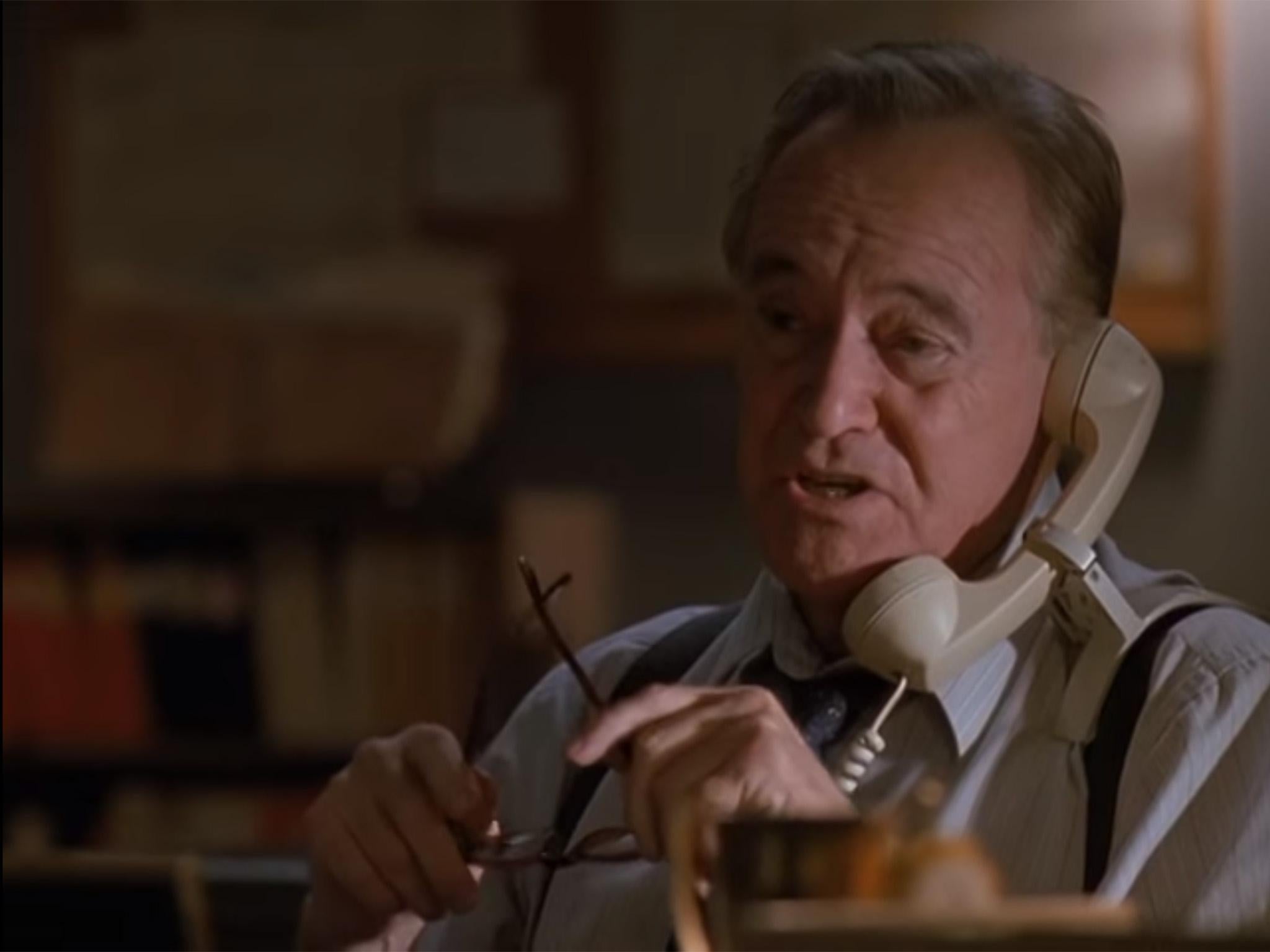
Arguably Lemmon’s greatest performance, he plays a real estate salesman fighting for his career and livelihood in this riveting ensemble piece about the dark flipside of the American Dream from David Mamet’s play. Desperation oozing from every pore, Lemmon is unforgettable and heartbreaking as the once hot salesman now on the slide, who disintegrates before your very eyes.
2. The Apartment (Billy Wilder, 1960)
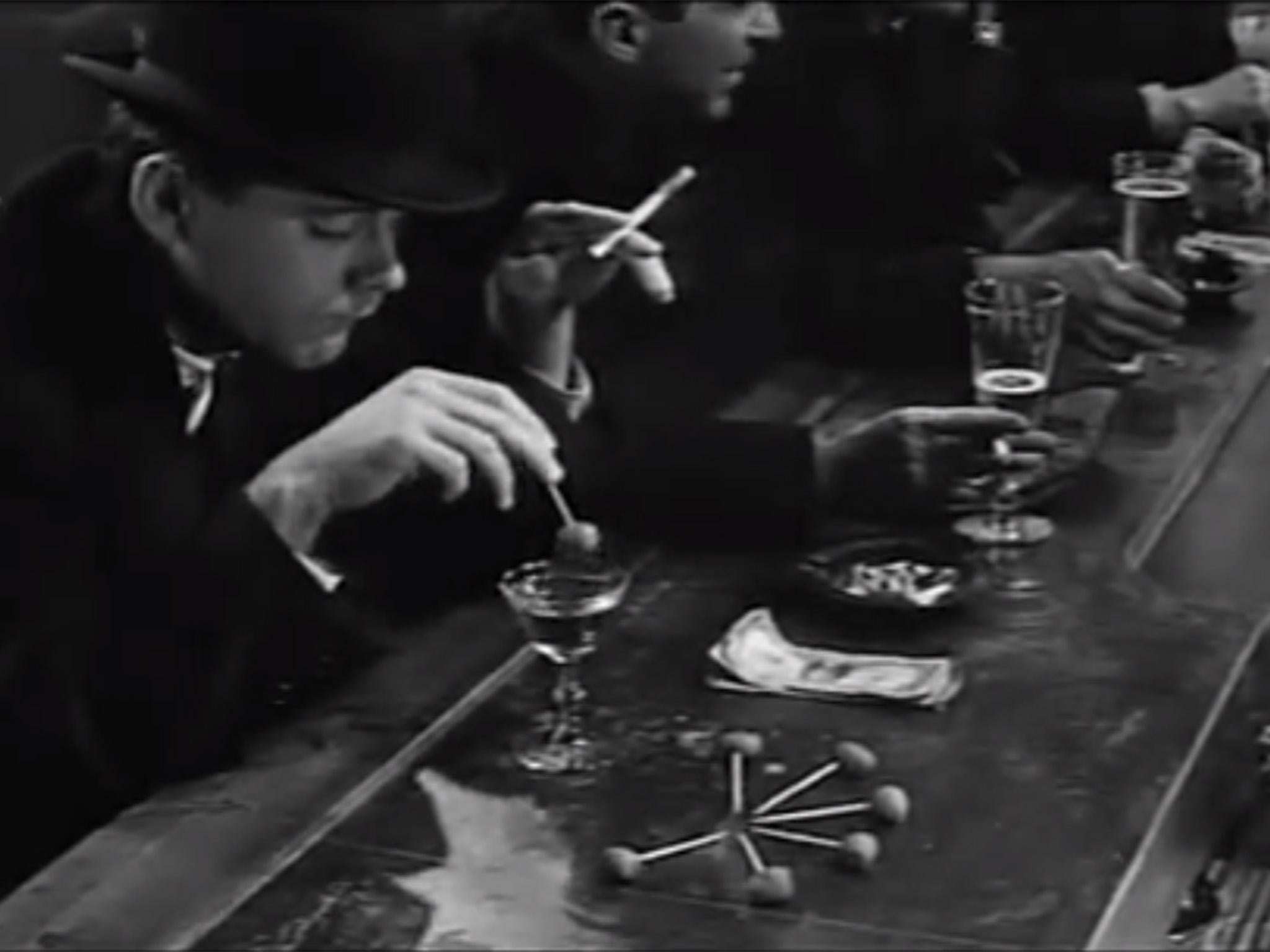
Oscar-nominated Lemmon plays a corporate striver who allows his bosses to use his apartment for their extra-marital affairs in return for accelerated promotions in arch-cynic Billy Wilder’s superb critique of corporate ethics and personal morality. It all backfires for him when he falls, Lemmon-wise, for one of the mistresses, played by Shirley MacLaine, and he must decide between the girl he loves and his new lofty position in the firm. Wilder’s winning blend of satire, comedy and sentiment gave Lemmon an opportunity to show his full range with a performance that placed him in the front rank of American actors.
1. Some Like it Hot (Billy Wilder, 1959)
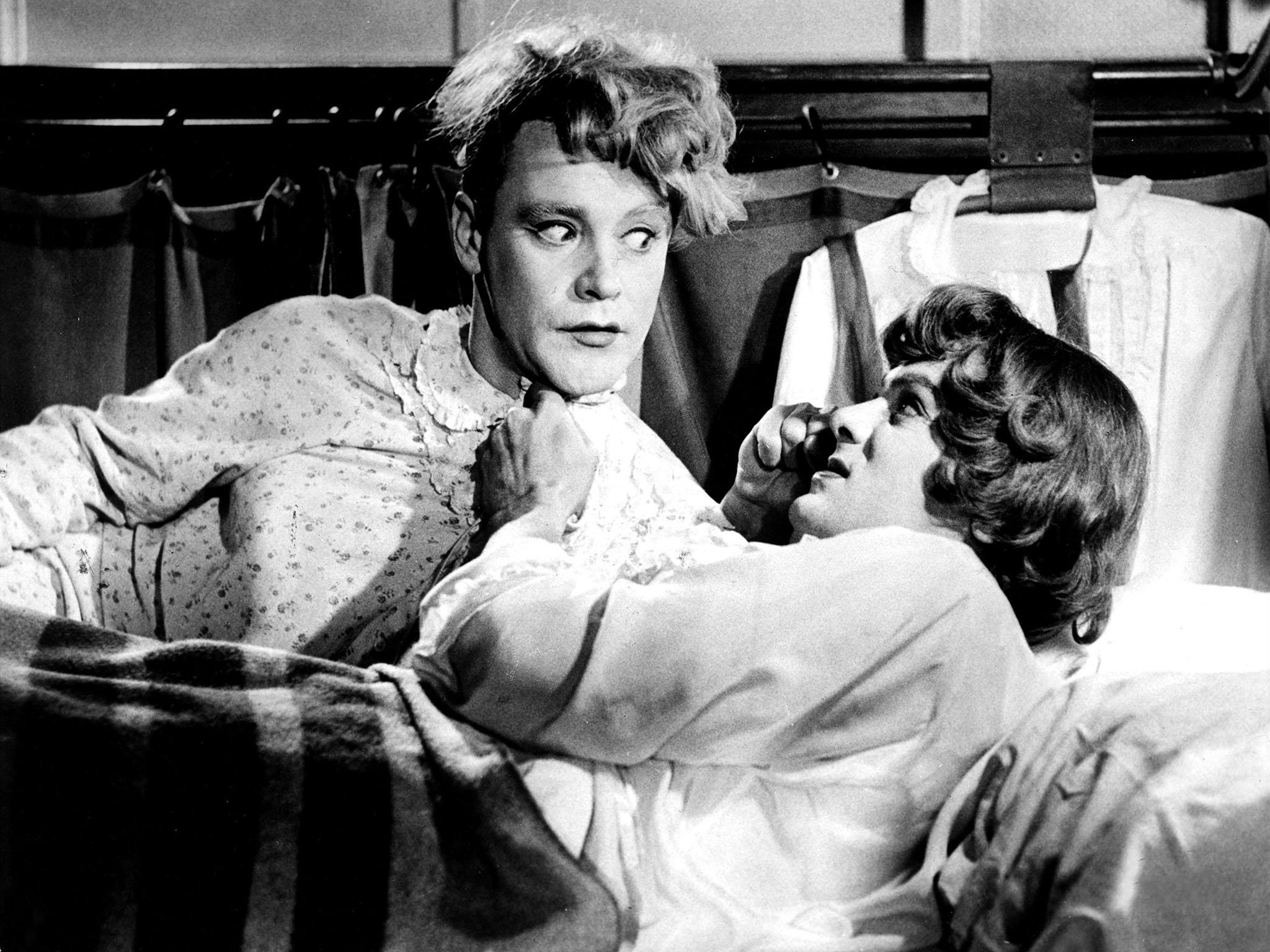
Many critics assert that The Apartment is the better film but I’m going for Lemmon’s first collaboration with Billy Wilder as Lemmon’s greatest film. There’s not really anything new that can be said about this movie that hasn’t been said before, but just to reiterate, it’s sensational from beginning to end, with sparkling dialogue, great musical interludes and a cast at the peak of their powers. Marilyn Monroe was never so beautiful, so vulnerable, so appealing, and Tony Curtis is terrific in and out of drag – his Cary Grant impersonation is wickedly funny (“Nobody talks loike thet”). And don’t forget Joe E Brown’s contribution which extends to much more than the film’s famous last line. With its crossdressing theme Some Like it Hot was an incredibly bold movie to make in 1959, but six decades on, it has lost none of its wit, charm and zest. Along with The Odd Couple, it’s the film most associated with Lemmon, and both the movie and Lemmon’s hilarious turn as “Daphne” have only improved with age. In the unlikely scenario that you have never seen Some Like it Hot, I urge you to do so now.



Join our commenting forum
Join thought-provoking conversations, follow other Independent readers and see their replies
Comments